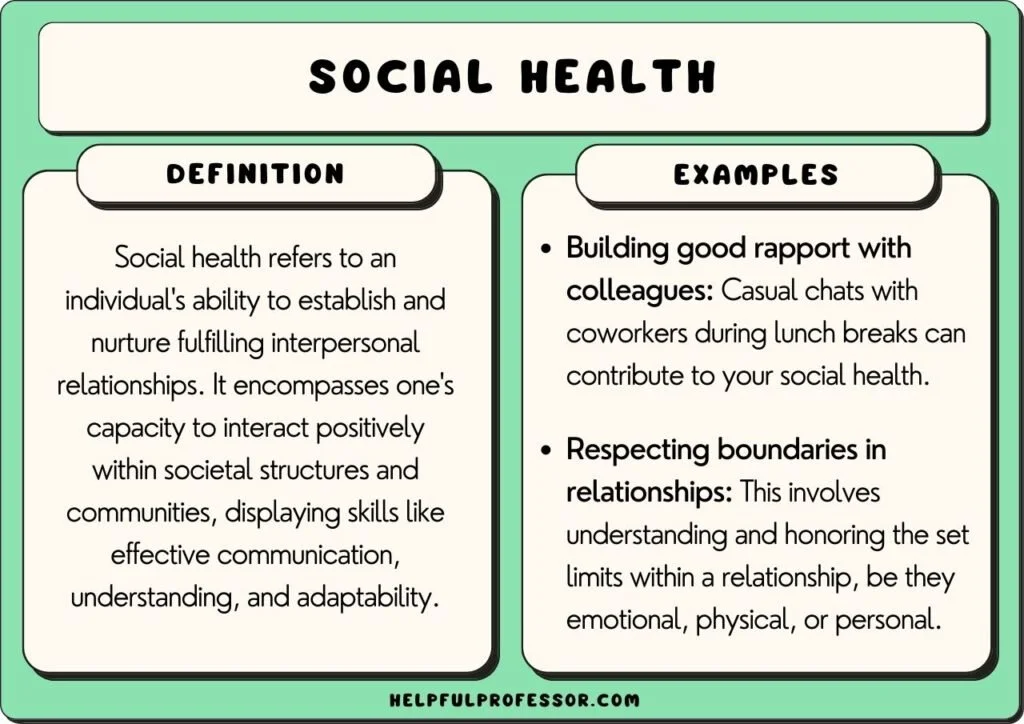The 5-3-1 Rule Is the Secret to Maintaining Your Social Health
Decades of science show social connection matters just as much as diet and fitness for health and happiness. Are you getting enough?
If you're someone who is keen on maintaining your health over the long haul, you probably pay attention to your physical health. Maybe you walk 10,000 steps a day and aim for a healthy diet. You're likely aware of your mental health too. Perhaps you consciously try to reduce your stress levels. Like lots of folks, you may see a therapist.
But according to the longest-running study of human flourishing ever conducted, you're still likely missing a whole other component to overall well-being: social health and fitness.
3 Kinds of Fitness You Should Be Aware Of
The Harvard Study of Adult Development has been minutely tracking the lives of some 724 original participants (and now some of their descendants) since 1938. What's been one of its biggest takeaways?
The biggest predictor of health and happiness in life isn't something like cholesterol level or blood pressure. It was the strength of a person's relationships. Social fitness, one of the study's directors told The Harvard Gazette, is just like physical fitness. You need to work at it.
"We think of physical fitness as a practice, as something we do to maintain our bodies. Our social life is a living system, and it needs maintenance too," said study director Robert Waldinger.
You probably know roughly what you need to do to stay physically and mentally fit. But how do you maintain your social health?
Harvard-trained social scientist and author Kasley Killam has a framework to guide you, and it's as simple as 10,000 steps or 2,000 calories a day. She calls it the 5-3-1 rule.
Are you getting your 5-3-1?
How do you know if you're doing OK on the social fitness front? Killam told Business Insider that everyone should try to aim for a minimum of:
Spending time with five different people a week. This could be anyone from your gym buddy or book club bestie to the person the next pew over at your church.
Nurturing three close relationships. Here, Killam is talking about maintaining the tightest bonds in your life, usually with family and dear friends.
Aiming for one hour of social interaction a day. "That doesn't have to be all at once. It could be 10 minutes here, 10 minutes there," Killam clarifies to BI. And feel free to combine your hanging out time with errands or other activities if you're busy.
Like many other health rules -- including 10,000 steps and 2,000 calories a day -- the 5-3-1 rule is somewhat arbitrary. Just as people may need to move or eat more based on their age, health, lifestyle, or other factors, people may need to dial up or dial down their commitment to social health depending on their specific needs. But Killam insists the 5-3-1 is a good baseline to start with.
It's also, she claims, backed by research. As she explains in a clip from TikTok, Kallim didn't pull these numbers out of thin air. They are culled from studies on the breadth, depth, and quantity of social interaction humans need to thrive.
Harvard-trained social scientist Kasley Killam wants us to be talking about "social health" just as much as we talk about mental health. But how do we improve something we don’t understand?
Tips to get in your 5-3-1
Of course, understanding how much social interaction you ideally need to incorporate into your life and actually incorporating it are two different things. The number of people who know they should eat five servings of fruit and vegetables a day is much larger than the number who actually do. The same will likely be true of meeting guidelines for social fitness.
Kallim, however, has shared plenty of tips on how you can meet your daily minimum requirements of social interaction. In a recent New York Times op-ed, she suggests putting some friendships "on autopilot" by scheduling a standing monthly or weekly dinner date, or some other activity, or sticking a Post-it note on your bathroom mirror reminding you to reach out to someone in your life.
In Psychology Today, she offers a variety of suggestions to "strengthen your social muscle," including volunteering in your community and committing to a set number of 10-minute calls with friends each week. "According to a recent study in the U.S., talking on the phone for 10 minutes 2 to 5 times a week significantly lowered people's levels of loneliness, depression, and anxiety," she reports.
Taken together, these tips are a reminder that relationships require time and commitment. You are not going to get your 5-3-1 in without a little effort. But it's worth it. Decades of science suggest trying to follow this simple guideline won't just make you less lonely, but healthier and happier too.
Connect With Me
Let's talk about how things are going for you and your thoughts about this article...
Click on this link to schedule a complimentary Virtual Coffee Chat with me so we can talk together.


